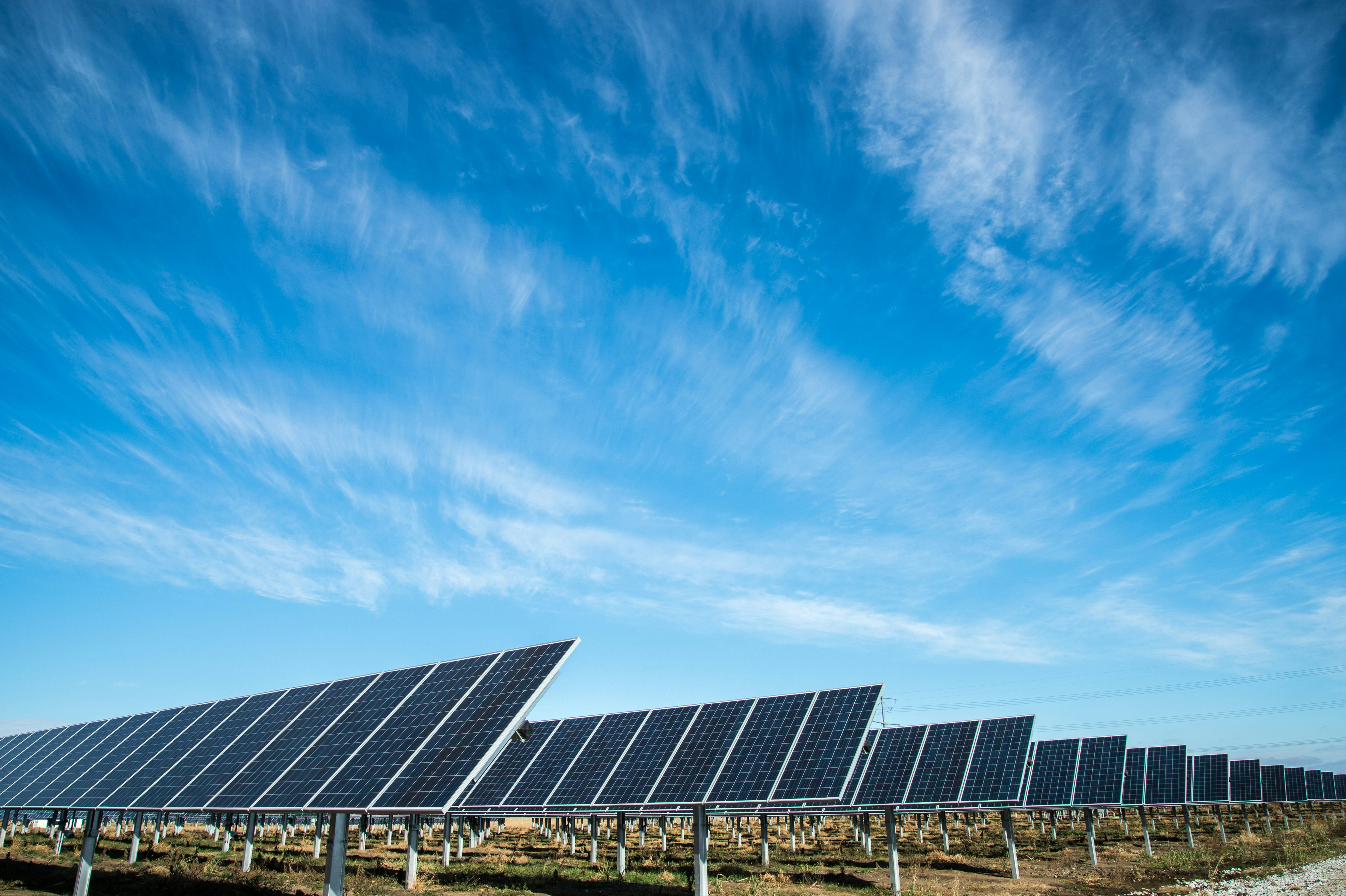
The Importance of Solar Products
The Importance of Solar Products
In the age of environmental consciousness and technological advancement, solar products have become pivotal in reshaping our approach to energy consumption. By harnessing the sun's abundant energy, these innovative products are paving the way for a sustainable and eco-friendly future. This blog explores the various solar products available today and highlights their significance in our daily lives and global energy landscape.
Understanding Solar Products
Solar products encompass a broad range of technologies designed to capture and utilize solar energy for various purposes. Here are some of the most prevalent types:
-
Solar Panels (Photovoltaic Cells): These panels convert sunlight directly into electricity. They are commonly installed on rooftops or in solar farms to provide power for homes, businesses, and even entire communities.
-
Solar Water Heaters: Utilizing solar collectors, these systems heat water for domestic or industrial use, reducing the need for conventional water heating methods and cutting down energy costs.
-
Solar Lighting: Ideal for outdoor applications, solar lights charge during the day and illuminate spaces at night without the need for grid electricity. They are used in streetlights, garden lights, and pathway markers.
-
Solar Chargers: Portable solar chargers are perfect for keeping electronic devices powered, especially in remote areas or during outdoor activities. They are a convenient and eco-friendly alternative to traditional chargers.
-
Solar Batteries: These storage systems store excess solar energy for use during non-sunny periods, ensuring a reliable power supply and enhancing the efficiency of solar power systems.
The Environmental Impact
The shift to solar products offers significant environmental benefits:
-
Reduction of Carbon Emissions: Solar energy generation does not produce greenhouse gases, making it a clean alternative to fossil fuels and a crucial tool in combating climate change.
-
Preservation of Natural Resources: Solar energy systems do not require extensive water use, unlike traditional power plants, thus conserving valuable water resources.
-
Minimal Ecological Disruption: Solar installations, especially those on rooftops or urban areas, have a lower impact on land use and ecosystems compared to large-scale energy extraction operations.


